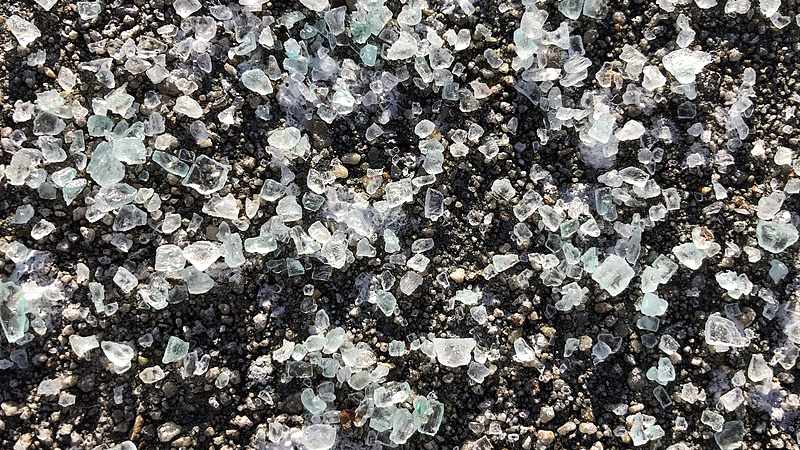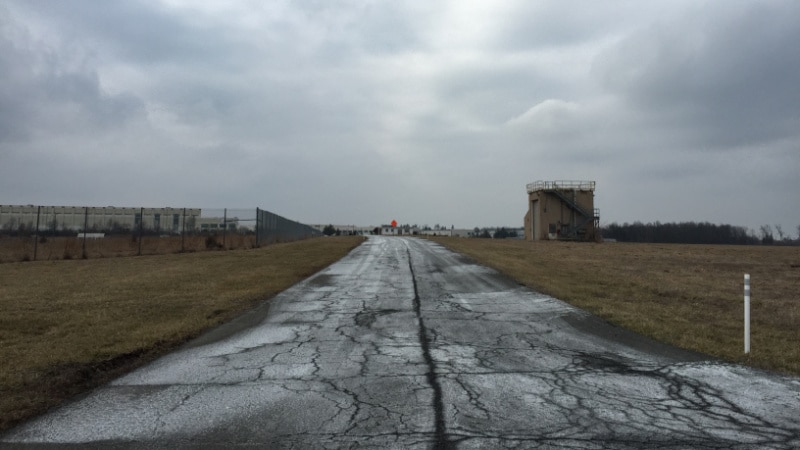
While the trouble with winter road salting may seem like a distant memory as we look forward to the pleasures of spring, legislators are planning for the icy roads ahead. Philadelphia City Council Member Isaiah Thomas introduced a resolution in February to hold hearings on “Beets, Brine, and Salt” to investigate the impacts of salt on the city’s budget, the region’s water quality, and the environment. At the council member’s invitation, Senior Research Scientist John Jackson, Ph.D., testified at a March 10 virtual hearing of the Committee on Streets and Services and explained the impact of road salt on freshwater streams.

The invitation came on the heels of Stroud Water Research Center sharing data with the Philadelphia Inquirer underlining the gravity of the road salt crisis as it affects our region’s sources of clean fresh water: some streams are measuring saltier than the ocean, and some are showing signs of groundwater contamination. The findings led to a media blitz with original reporting from the Inquirer’s Frank Kummer, followed by Radio Times (WHYY), Smart Talk (WITF), Fox 29, CBS Philly, and others. Now legislators are taking note.
“As we continue to explore this issue, we are hoping that we can continue to tap both of you as a resource to help us think through this complex problem,” said Council Member Thomas at the March 10 hearing, addressing Jackson and another witness, Laura Toran, Ph.D., an urban hydrogeologist and professor at Temple University.
From an environmental standpoint, too much salt is toxic to certain insects, fish, and other aquatic life in freshwater streams.
Because it is corrosive, it contributes to infrastructure and property damage. Researchers have found that road salt even contributed to the corrosion of lead pipes and ensuing water contamination in Flint, Michigan.

The fact that road salt has been a reliable deicing method to keep roads clear and travelers safe for decades makes it hard to give up.
“There’s really no easy solution,” said Jackson during his testimony. “We have to reduce the salt. If we don’t, we’re just going to see it increasing. It will continue to increase just as it has for the last 50 to 70 years. That means the environmental costs, the infrastructure costs, private property damage, drinking water challenges are all also going to increase.”
Jackson highlighted examples of how other states are tackling the problem. Maryland, for example, cut its use of road salt in half. Most reduction plans have focused on better control of salt application rates, better plow blades, and a switch from rock salt to brine, Jackson explained in his written testimony.
Amidst the chorus of voices raised on topics of debate, we believe it is important to serve as an independent, trusted resource. As a nonprofit, nonadvocacy organization, we remain committed to sharing our science — without allegiance to political parties, shareholders, or special interests — to help businesses, landowners, policymakers, and individuals make informed decisions that affect water quality and availability around the world.
To support independent research and science-based guidance on issues affecting our most precious natural resource, clean fresh water, please donate today.



